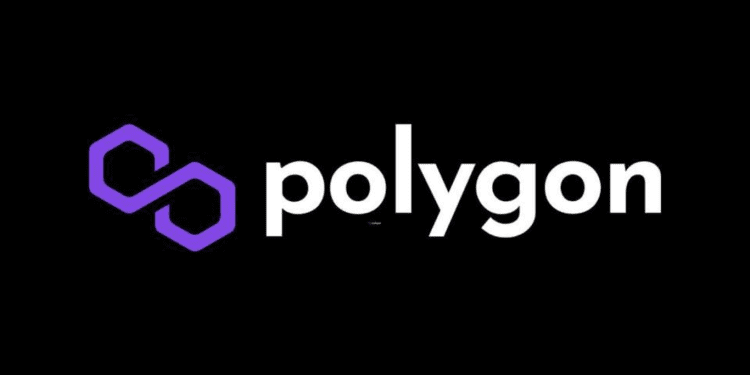- Polygon Labs requests that the European Union lawmakers amend Article 30 under the Data Act.
- The French hardware wallet developer, Ledger also signed in support of the open letter to the EU.
- Polygon offers suggested revisions to Article 30 to better reflect the EU’s objectives.
In its bid to understand the intent and meaning behind the EU’s Article 30, Polygon Labs, the parent company of Polygon—an Ethereum layer-2 scaling solution—has penned an open letter to members of the European Council, European Parliament, and European Commission.
On April 17, Polygon Labs published the open letter on its official site, requesting that the EU amends Article 30 under the Data Act. The crypto firm specifically asked that the amendment be applied to the permissioned smart contract based-systems acquired and operated by an enterprise or an identifiable person rather than the permissionless in the present wording.
The crypto firm explained in the letter that it was compelled to take action to protect and advance permissionless blockchain-based systems everywhere.
Polygon Labs claimed it was its responsibility to allow software developers everywhere to experiment with smart contracts, as third-party developers have already created “robust” smart contract-based applications that run on the company’s own multiple permissionless blockchain networks.
In support of this request, the French hardware wallet provider Ledger also joined in by signing.
The European Parliament passed a package on March 14 that will improve innovation by making obtaining data from the industrial sector easier.
Polygon Labs expressed that should Article 30 be enforced, it would hinder smart contract developers.
“It would not be enforceable to decentralized, permissionless, and open smart contract applications and would significantly deter innovation and economic growth in the European Union.”
The letter further suggests revisions to which the European Union lawmakers could amend Art. 30.
Polygon asked that the members of the EU clarify the term “party offering smart contracts,” as the draft “the party offering smart contracts in the context of an agreement to make data available” was vast and could implicate permissionless, decentralized smart contracts and DApps.
Polygon believed that many smart contracts with no party offering them would be unable to comply with the requirements in Article 30, particularly the retention of the ability to terminate or interrupt any smart contracts.
Polygon Labs requested that the Data Act be left consistent with the Markets in Crypto-Assets (MICA) in keeping decentralized and autonomous systems excluded from the regulatory scope.
Conclusion
Polygon Labs and Ledger have signed off on an open letter directed at the European Union policymakers, urging that they clarify the terms used in Article 30 under the Data Act as it could likely do more harm to smart contract developers in the Web3 space.














